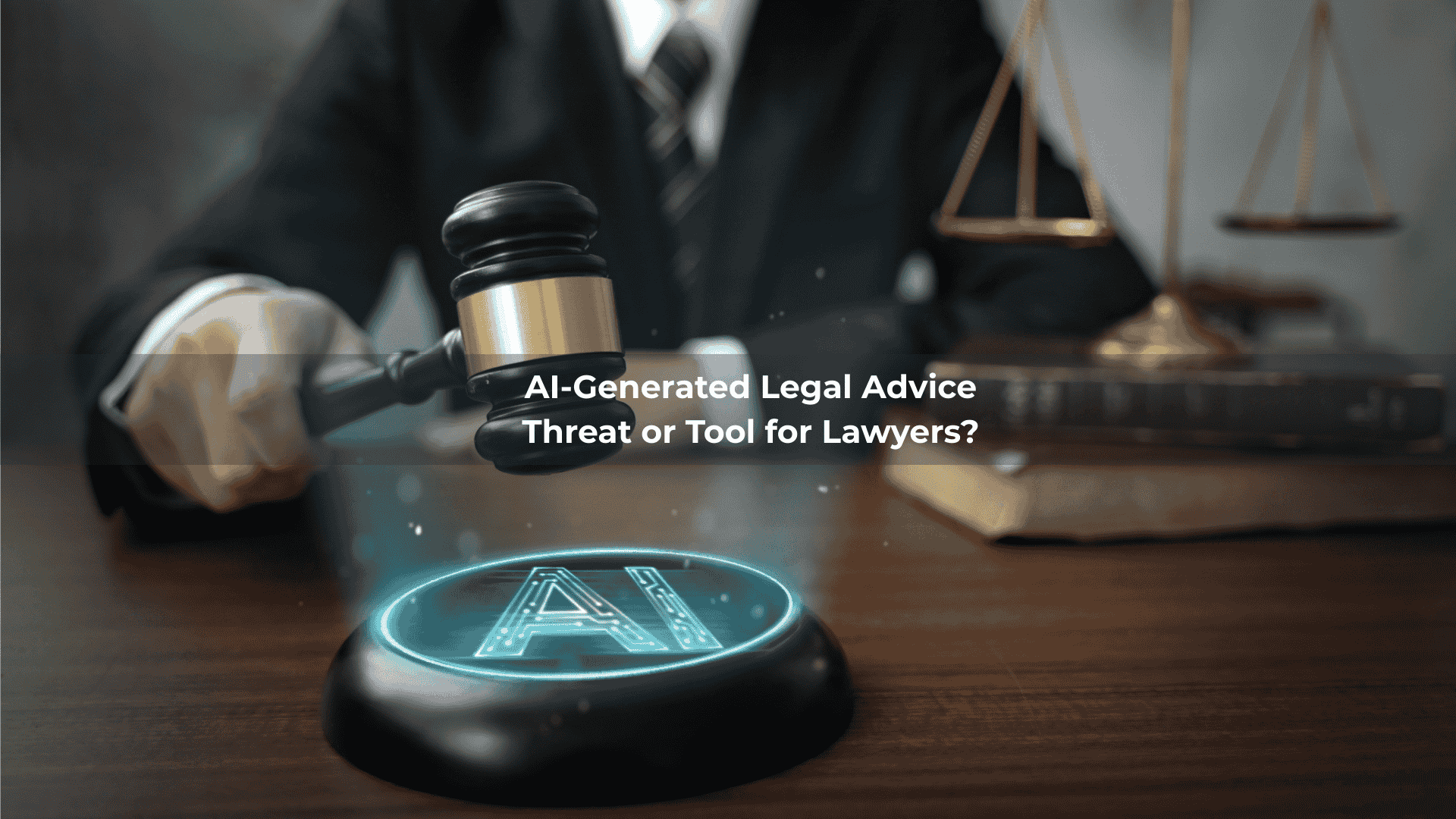The legal industry is undergoing a digital transformation—and artificial intelligence (AI) is at the center of it. From contract review tools to chatbots that answer legal questions, AI is no longer just assisting lawyers—it’s starting to offer legal advice.
But this raises a crucial question: is AI a threat to legal professionals or a tool that can enhance how law is practiced?
How AI is Being Used in Law
AI in legal services isn’t about robots arguing in court (yet). Instead, it’s about automating time-consuming, repetitive tasks such as:
- Contract analysis and drafting
- Legal research and case law summarization
- Risk assessment and compliance checks
- Initial client intake and question screening
- Predictive analytics for case outcomes
These AI-driven platforms can scan thousands of pages in seconds and identify legal issues that would take human lawyers hours or even days.
AI as a Tool: The Benefits for Lawyers
Rather than replacing lawyers, many legal tech advocates see AI as a productivity booster. Here’s how it’s helping:
1. Increased Efficiency
Lawyers can handle more clients and cases by automating low-value tasks like research, document formatting, and due diligence.
2. Cost Reduction
AI can reduce the cost of legal services by minimizing billable hours and making law more accessible for small businesses and individuals.
3. Improved Accuracy
AI can cross-reference massive legal databases instantly, minimizing human error and helping lawyers avoid missed precedents.
4. Enhanced Client Experience
Some firms use AI chatbots to answer basic client questions instantly, reducing wait times and improving client satisfaction.
The Risks and Concerns
Despite the benefits, AI-generated legal advice raises ethical, practical, and legal concerns:
1. Accuracy and Accountability
What happens if an AI tool gives incorrect legal advice? Who’s responsible—developers, law firms, or clients?
2. Unauthorized Practice of Law (UPL)
In many jurisdictions, only licensed attorneys can offer legal advice. If AI begins to replace that role, it may violate legal regulations.
3. Job Displacement
Paralegals and junior lawyers could be impacted by automation, particularly in firms that rely heavily on document-based work.
4. Bias and Data Privacy
AI systems trained on biased legal data may reinforce discrimination. Plus, using AI tools involves handling sensitive client data and raising privacy and security concerns.
Where Are We Headed?
The future likely isn’t AI replacing lawyers—but AI becoming a legal co-pilot. Lawyers will still need to:
- Interpret laws with nuance
- Build legal arguments
- Communicate with clients empathetically
- Navigate courtrooms and negotiations
However, AI could drastically reshape the roles within law firms, and legal education may soon require some technical knowledge as standard.
Conclusion
AI-generated legal advice sits at a complex intersection of innovation and ethics. For now, it’s best seen not as a replacement but as a powerful tool that can help lawyers do more, faster, and better while also raising critical questions about the future of legal practice.

